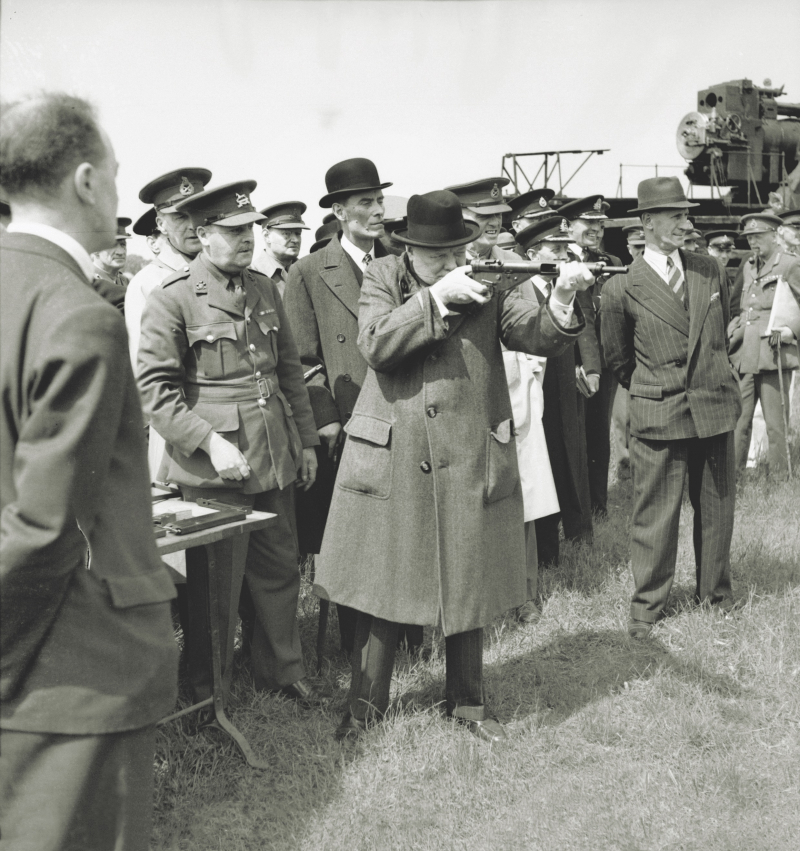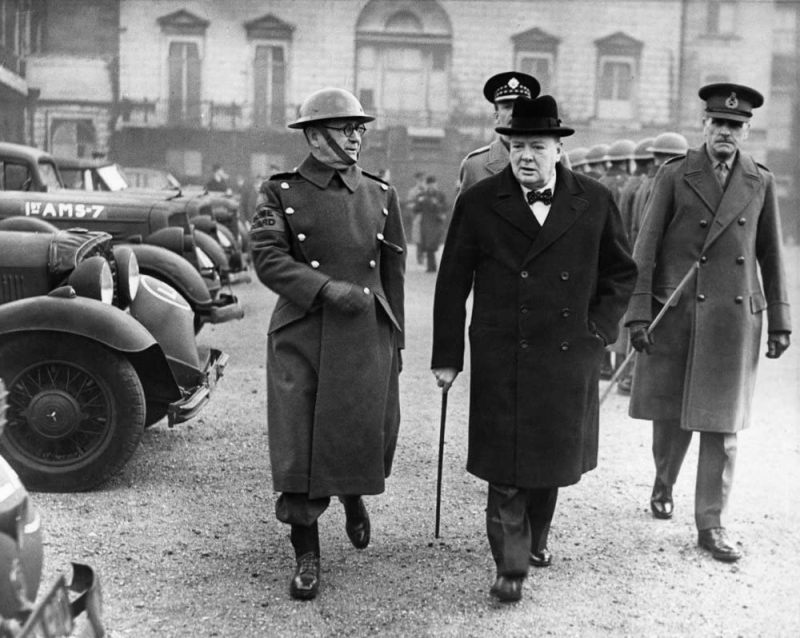He organized a massive World War I attack that failed spectacularly
When Churchill was elected to Parliament in 1900, he began his political career. He would maintain that position for more than 60 years. In 1908, he was appointed to his first cabinet position. By 1911, he had ascended to the position of First Lord of the Admiralty (the British equivalent of U.S. Secretary of the Navy). Churchill was the political leader of the Royal Navy, but he also thought of himself as a military planner. In this role, he prepared an amphibious attack on the Ottoman Empire during World War I. Such an effort, according to Churchill, would enable the British to unite with their Russian allies, increase pressure on Germany's eastern front, and maybe even tilt the balance of the war.
However, Ottoman fire caused three of the Allied battleships to sink, seriously damage three more, and send the rest into retreat as they reached the Dardanelles strait, which is close to modern-day Istanbul, in March 1915. During months of warfare on the nearby Gallipoli Peninsula, Allied forces again failed to gain land while losing more than 250,000 losses. After the event, Churchill swiftly announced his resignation. Churchill must have been deeply troubled by this error since during World War II he frequently deferred to military commanders in making strategic and tactical choices. Although his political career and reputation were slightly marred, over time, he was able to repair both.














